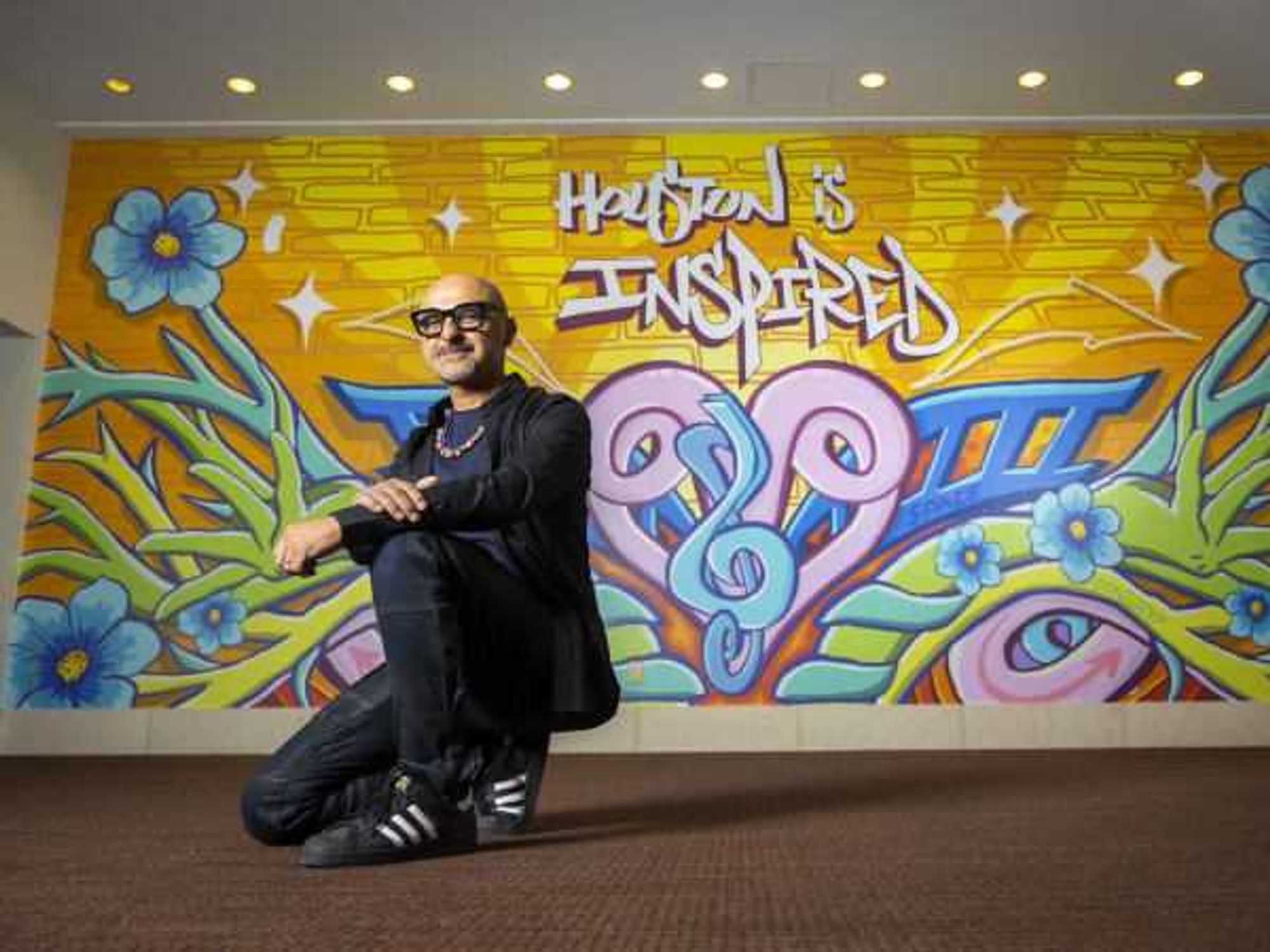An Important HGO Premiere
Sister Prejean takes on Texas' "killing chamber" as Dead Man Walking opera hitsHouston
 Houston Grand Opera's "Dead Man Walking"
Houston Grand Opera's "Dead Man Walking" It's been 10 years since "Dead Man Walking"
It's been 10 years since "Dead Man Walking" A scene from Jake Heggie's "Dead Man Walking"
A scene from Jake Heggie's "Dead Man Walking"
Near the end of Tim Robbins’ 1995 film Dead Man Walking, Sister Helen Prejean confesses that she can’t sing.
Prejean, played on film by the inimitable Susan Sarandon, nonetheless sings a hymn for a death-row inmate on his last night on earth.
You can rest assured that the real Sister Prejean loves to sing.
This was revealed at a special event for Houston Grand Opera subscribers featuring a cast of luminaries including composer Jake Heggie, Prejean herself, HGO music director Patrick Summers, Joyce DiDonato, who performs the role of Sister Helen Prejean, director Leonard Foglia, and the renowned Frederica “Flicka” von Stade, who plays the mother of murderer Joseph De Rocher.
Von Stade chose HGO’s Dead Man Walking as the site of her final operatic performance in an inestimable 40-year career.
Houston Grand Opera’s production of Heggie’s and librettist Terrence McNally’s Dead Man Walking marks the 10th anniversary of a work Summers describes as “one of the most important operas of the modern era.”
Dead Man Walking treats the legal struggle and final days of murderer Elmo Patrick Sonnier, for whom Prejean served as a spiritual adviser. The events may be familiar from Prejean’s memoir or Robbins’s film. The opera premieres Saturday and runs through Feb. 6 at the Wortham Theater Center.
Summers described von Stade, a familiar presence at HGO, as the “most important interpreter of the role of Cherubino” in Mozart’s The Marriage of Figaro. DiDonato referred to von Stade as her “idol” and a guiding light for her own career. Of the very modest von Stade, DiDonato says: “She asks nothing of the public when she stands up and sings. She only gives. I dare you not to be shattered by her in this performance.”
Heggie, whom Summers named “the most important opera composer in America,” not only spoke of his rise from press agent for the San Francisco Opera to composer-in-residence but also accompanied HGO Studio Artist Catherine Martin, who performed a song from Dead Man Walking and a lyric written by Prejean that Heggie set.
General director and CEO of HGO, Anthony Freud, opened the event by marking the “Houston premiere of a remarkable 10-year-old opera performed all over the world and likely to resonate deeply in our city.”
Some members of the audience referred to the evening as an event about the making of an opera. It certainly was. More importantly, the event offered a unique view of what happens when the intensity of art and the immediacy of politics collide.
Perhaps with an opera like Dead Man Walking there’s no way to avoid contradiction. Summers, who conducted the world premiere 10 years ago, claimed that the work “has been described inaccurately as an opera about the death penalty. It is nothing of the kind.” Instead, he described the opera as “universal and timeless” and an “emotionally epic” that poses, “unanswered questions it leaves us to answer.”
It’s one thing to say, as Summers later did, that the opera doesn’t tell its audience what to think about the death penalty. It’s another to claim that the opera is not about the death penalty. Dead Man Walking is all about the death penalty, and it is a deeply political work precisely because it asks relentless questions and avoids being a work of propaganda.
The death penalty casts a dark shadow over Houston and it takes little more than a drive past the Texas State Penitentiary in Huntsville, where signs for the prison museum boast an image of “old sparky” the electric chair, to see this. Moreover, there’s been plenty of coverage about recent challenges to the death penalty in the Texas courts.
Prejean was the first to admit that she never expected to become a figure some might describe as one of the most recognizable advocates for death-penalty repeal in the country.
“I was simply trying to follow the way of Jesus in the world as a Catholic nun. I didn’t begin in public debate or working in what we call social justice issues” she says. Her journey, as she described it began with an “awakening to the poor and to their struggles in my own city, New Orleans.”
But Prejean addressed Houston directly. “I’ve been to your killing chamber here in Texas,” she says, “I’ve stood in the place where the mother of the one being killed by the state puts her hand against the glass. You’re considered the buckle of the death penalty belt.”
Prejean’s message was one of hope, and she observed that the number of executions in Texas was on the decline. “Give people half the chance,” she says, “and they’ll choose life. Here in Texas, you’re beginning to move away from violence as a way of solving problems.”
She may be a nun, but Prejean didn’t preach. She also didn’t exempt herself from the pain and confusion evoked by the desire for justice or retribution. “Each of us has in our hearts a deep ambivalence. When we’re hurt it seems natural to feel the desire to get even,” she says.
Without a doubt, Prejean was the star of the night, though she never seized the spotlight. Her deep wisdom and compassion were a light in and of themselves.
Operas tend to be full of impossibilities that are deeply felt yet often remote. Regardless of your own position on the death penalty, few operas will feel personally as implicating as Dead Man Walking.
Once again, the compassionate but truth-telling Sister Prejean said it best.
“Welcome to the journey. You’re on it too.”
